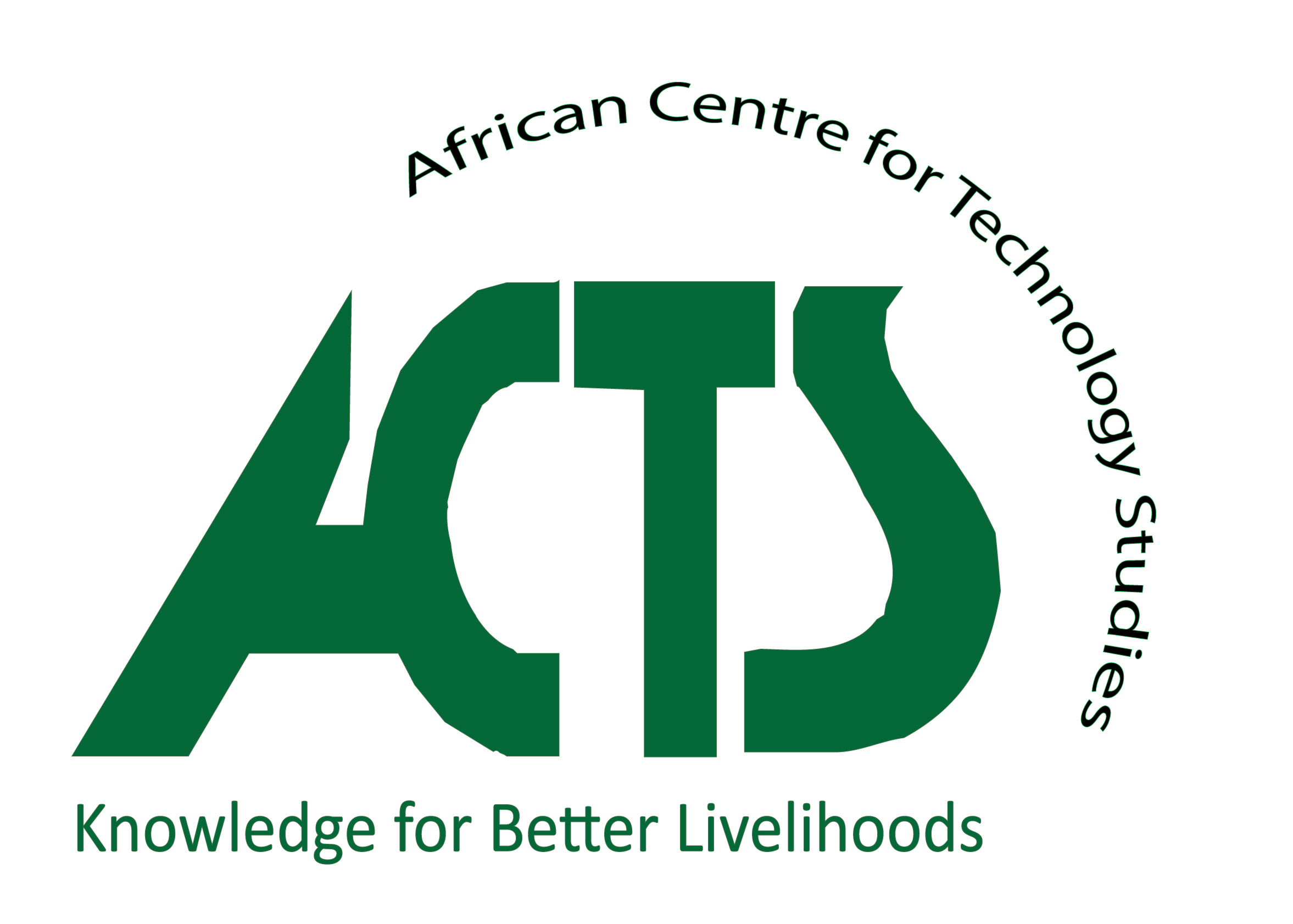This research project “Multiple pathways and inclusive low emission development: navigating towards leverage points in the East-African dairy sector” identifies and analyses institutional conditions for scaling low-emission development dairy interventions in an inclusive manner.
The formulation and implementation of inclusive low-emission intervention strategies is complicated by asymmetric power relations between actors, conflicting interests, misalignment of incentive structures, discrepancies between short-term achievements and long-term strategies, and disconnected formal and informal sectors. Moreover, the urgency to respond to climate change may induce a search for simple and transferable solutions with high emission reduction potential. This may hinder investment in the development of context-sensitive strategies that simultaneously maximize societal co-benefits. By systematically valorising multiple pathways and capturing diverse priorities, interests and management styles, this project adopts a socially responsive approach to scenario development. Facilitating interactions among representatives from private and public sectors in research-driven dialogues stimulates and catalyses intervention strategies that can be inclusive of a wider range of actors and therefore enhance the scalability potential of lowemission intervention strategies.
This research reinforces the ILRI-led CCAFS projects “Mitigation in livestock systems and LED pathways” and “Greening Livestock: Incentive-based interventions for reducing the climate impact of livestock in East Africa”, an associated IFAD-funded project. These projects conduct social and biophysical research in conjunction with on-going policy processes and engagements with lead dairy firms aimed at reducing the emissions intensities in the Kenyan and Tanzanian dairy sectors. The socio-economic research analyses institutional mechanisms underpinning social distribution of participation in dairy value chains in Kenya and Tanzania. This includes identification of barriers to uptake of LED-interventions and potential incentives to overcome those barriers. Cross-scale political economic analyses of dairy development in both countries will identify power, accountability and incentive structures and the contribution of LEDinterventions to socio-economic inclusivity. This is embedded in biophysical modelling of dairy sector GHG emissions, which will recommend specific practices that can reduce emissions intensity while maintaining or enhancing productivity and profitability. Taken together, these activities enable co-definition of landscape mitigation leverage points, design of supportive social constructs, and national priorities in the implementation of LED dairy in Kenya and Tanzania. This project will add a valuable layer of interactive dialogues between stakeholders, ultimately aimed at designing LED-approaches that will reduce emissions intensity while enhancing socioeconomic inclusivity.
Countries: Kenya and Tanzania.
Duration: October 1, 2017 – September 30, 2020
Project website: https://www.acts-net.org/iled/


